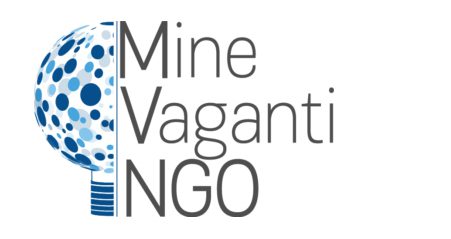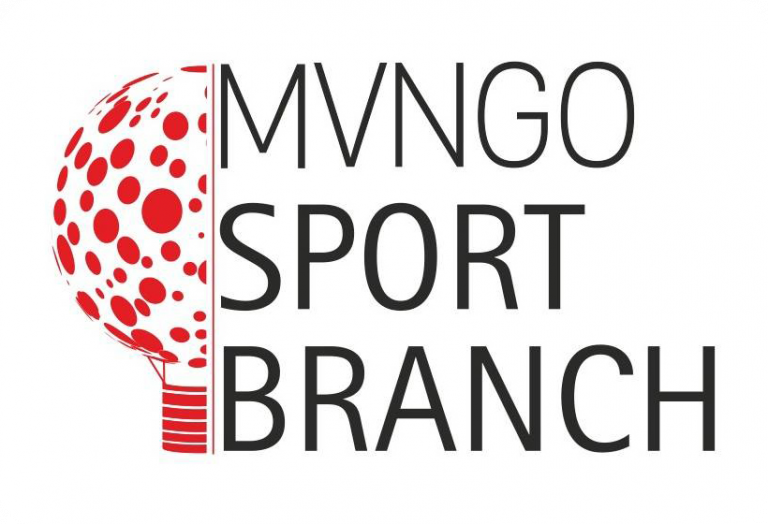CP BIG SPORT HRIC
Holistic sport-based Rehabilitation programmes to support youth Impacted by Covid-19 –
HRIC
HRIC will take advantage of and enhance the therapeutic potential of sports to support the mental wellbeing of vulnerable youth groups by developing specific training methodologies and policy recommendation to foster the participation in sport activities by these vulnerable youth groups and contribute to the improvement of their mental wellbeing, especially of those particularly touched by the impacts of the COVID-19 pandemic. HRIC will adopt a holistic approach grounded on the concepts of psycho-physical and mental health to support the inclusion of vulnerable young people (16-30) who suffer from anxiety, depression, psychological breakdown, and PTSD and who have been particularly affected from the period of COVID isolation and have experienced repercussions on their mental health. The methodological combination and synergy between Education Through Sport (ETS) and practical/theoretical elements of psychology will be embodied and multiplied through the creation of innovative profiles of Sport Coaches and social operators in supporting persons who were already suffering from depression, anxiety and stress management and for whom the pandemic period has increased and worsened their state, toward the achievement of psychophysical wellbeing and integration within Sport practice and, by extension, society.
Start: – End:
Project Reference:
EU Grant: 400.000 EUR
Programme: Erasmus+
Key Action: ERASMUS-LS
Action Type: ERASMUS-LS
Project Partners:
FEDERAZIONE ITALIANA PALLAVOLO (Italy)
ZAJEDNICA SPORTSKIH UDRUGA GRADA RIJEKE RIJECKI SPORTSKI SAVEZ (Croatia)
Mine Vaganti NGO (ITALY)
SPORT EVOLUTION ALLIANCE CRL (Portugal)
UNIVERZITETNI REHABILITACIJSKI INSTITUT REPUBLIKE SLOVENIJE-SOCA (Slovenia)
Project TOPICs:
Psycho-physical and mental health
Vulnerable young people
Education through sport
TARGET GROUPs
Vulnerable youth between 16 and 30 years old.
PROJECT’S OBJECTIVES
- a) Encourage the participation of this vulnerable target group to practice sports activities
- b) Creating synergy between sports and social services sectors
- c) Elaborate policy recommendations to decision-makers and stakeholders
APPROACH / METHODOLOGY
The HRIC methodology is embedded in a coherent flow of 4 work packages, each of which is supported by clear objectives and provides inputs for the implementation of the other work packages and the achievement of the overall HRIC aim.
Project ACTIVITIES
The Transnational Project Meetings are the following:
- Kick-off Meeting, November 2022 (2 days), Rome (Italy) – Lead: FIPAV
- Mid-term Evaluation Meeting, December 2023 (2 days), Rijeka (Croatia) – Lead: RSDA
- Final evaluation meeting, April 2025 (2 days), Porto Salvo (Portugal) – Lead: SEA
Local training courses carried out by each partner organization. The final results achieved will be to develop the competencies linked with the format in participating Coaches and social operators as well as gather their feedback in daily debriefing sessions and in a final session of evaluation of the TC.
Testing the Sport Program co-designed activities at local level involving young people, respecting a gender balance criteria. The Sport Coach and the Social Operators will be in charge to lead the event, administrate the evaluation questionnaire as well as gathering feedback regarding appealing and usefulness of the Activities.
Dissemination Conferences will be thoroughly prepared and promoted for the purposes of gathering a representation of the audience of users and beneficiaries of project results. The Conferences will also serve as a setting for national participants in the activities (local trainings and programmes) to present and describe their experience and perceived learning outcomes.
DELIVERABLES will be:
- EUROPEAN RESEARCH REPORT: in the Report, the existing practices in ETS and psychological support will be described, assessed, compared and explained in their opportunities for synergy and improvement. The Report, translated in all the languages of partners, will at the same time detail general guidelines for the design of the training format, among which its baseline structure in terms of methodology and topics/sessions.
- The training format will be a methodological framework, complete with sessions and contents, detailing a model course for Sport Coaches and social operators to acquire the necessary mix of competences in ETS and psychology -principles/methods – to work with young people suffering from anxiety, depression and psychological breakdown in a perspective of supporting their social inclusion both in and through Sport.
- Handbook with mental health and sport programmes directly targeted at young people (16-30) suffering from anxiety, depression, stress management and PTSD
- Policy paper recommendations with the aim promoting HRIC programmes and methods to create synergy between sports and social services sectors.





